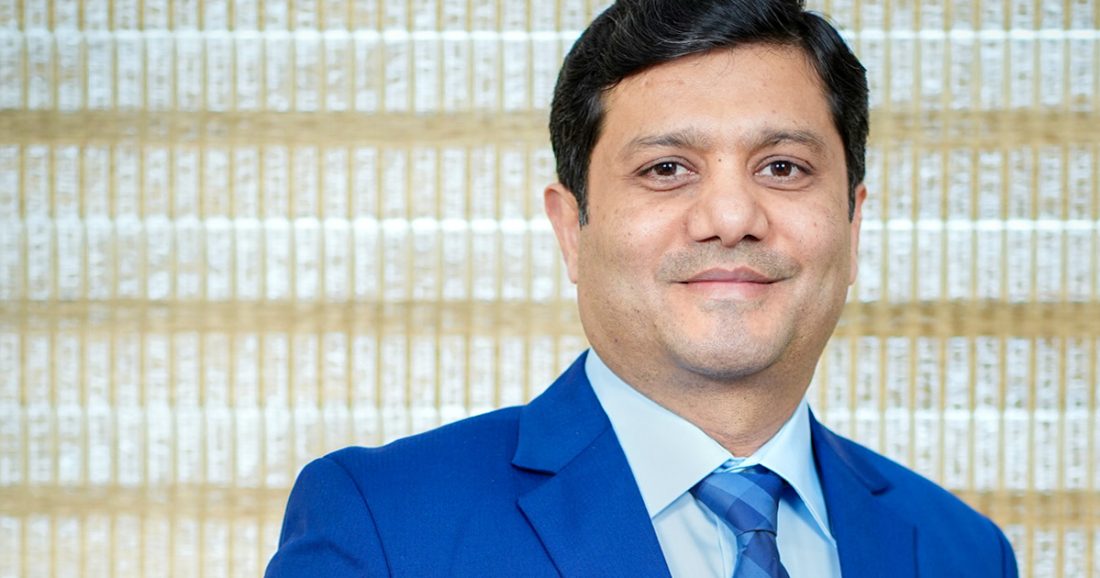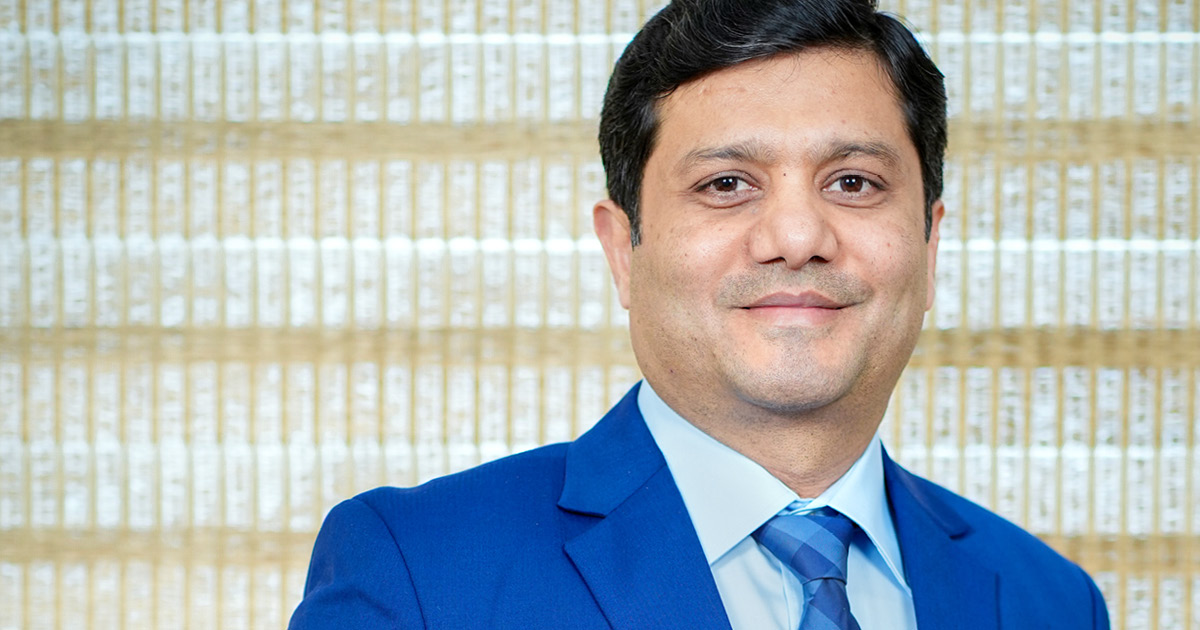From the outside, Deevyashakti India might look like just another paper manufacturer. But behind the factory gates is a company quietly leading a sustainability revolution in one of the world’s most resource-intensive industries.
With bold investments in clean energy, groundbreaking production methods and a deep-rooted commitment to ethical growth, Director Sushil Agarwal says Deevyashakti is rewriting the playbook for what it means to grow responsibly.
“In most companies, the focus on growth comes at the expense of integrity and ethics,” he tells The CEO Magazine.

“Whatever other companies are doing in terms of water and power consumption and the type of fuel they use, we orbit them all.”
“But from day one, we were clear: our goal wasn’t just to provide jobs or make money. We wanted our operations to have a positive impact on the environment.
“We comply not only with government regulations but also self-imposed disciplines, ethics and sustainable measures – those are our driving force.”
Sustainability at the core
Agarwal has spent the past 17 years shaping the company’s evolution from a modest kraft paper mill to one of India’s leading manufacturers of premium recycled whiteboards. And while many of its peers focus on scale, Deevyashakti prioritizes key sustainability metrics, including water and energy usage, in addition to cleaner fuel sources.
“Whatever other companies are doing in terms of water and power consumption and the type of fuel they use, we orbit them all,” Agarwal says proudly.
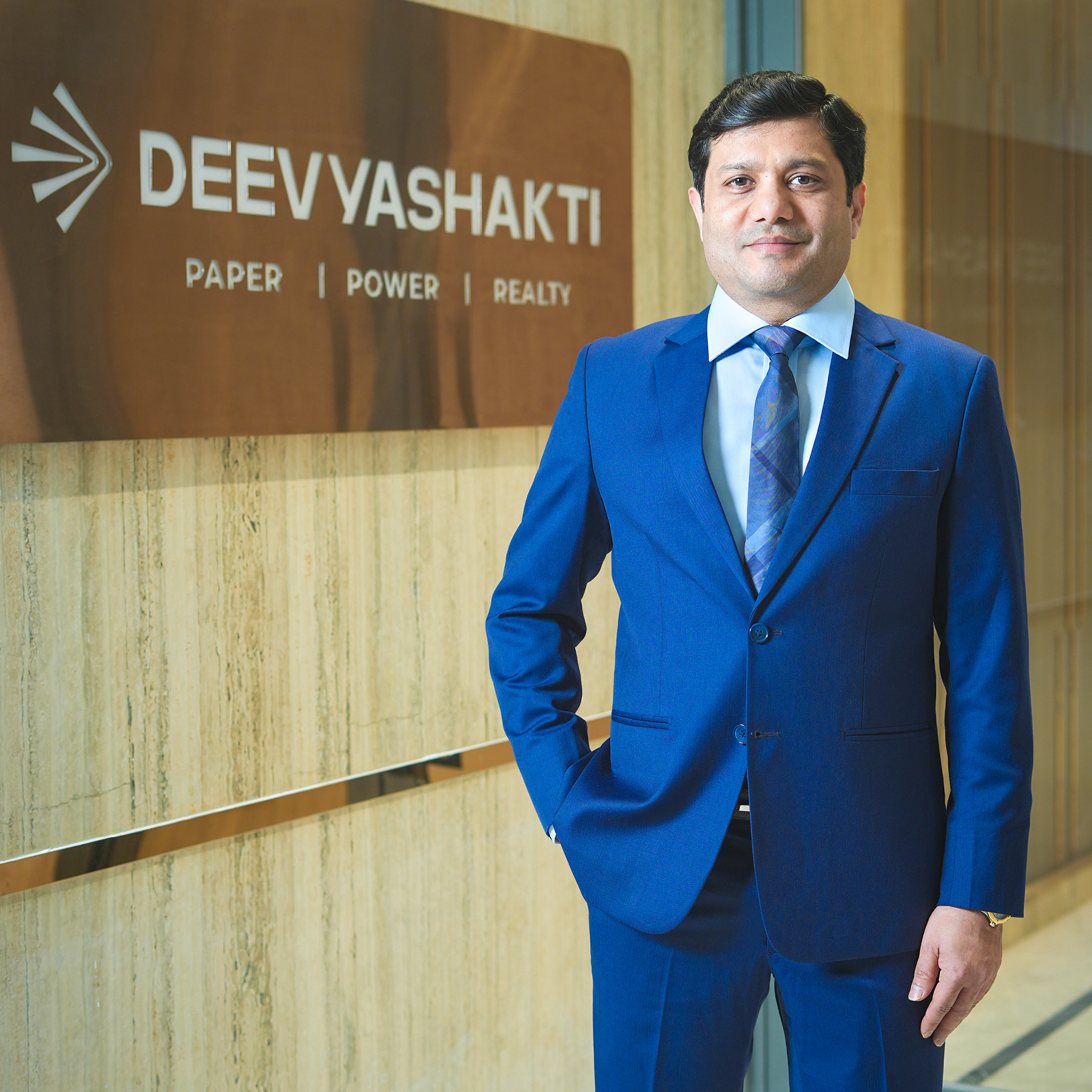
“Sustainability has always been our core focus.”
That mindset has driven investments in energy-efficient machinery, rainwater harvesting systems and a shift to renewable fuels.
“Sustainability has always been our core focus. We were the first unit in white paperboard manufacturing to have a zero discharge – we have not discharged any water from our company whatsoever for the past 15 years, which is a unique achievement,” he points out.
“We also use 100 percent recycled water. A few mills have started doing this in the past five years or so, but none have been doing it for as long as we have. So we set the trend.”
Clean energy in action
Deevyashakti has operated on biomass since its inception, resisting the industry’s shift to coal. The company recently commissioned a five-megawatt solar plant, with plans to scale up to 15 megawatts. A 10-megawatt captive power plant, using non-recyclable solid waste, will further cut emissions while reducing pressure on landfills.
“We’ll be consuming approximately 400 metric tons per day of this waste in our new power plant,” Agarwal says, adding that Deevyashakti has also recently engaged with a consultant to help further improve its carbon footprint.
“We appointed an agency to draw a plan for the next three years for environmental, social and governance efforts. Now we have a detailed program path laid out for us to follow and a dedicated person to spearhead this journey.”
Scaling with intention
These leaps have only grown more ambitious in recent years. From an initial output of just 40 metric tons per day of kraft paper production, the company scaled its whiteboard production to 240 metric tons per day. Today, that figure is 325 metric tons – and soon, Agarwal says, it will nearly triple.
“We’ve taken up a major expansion, which will increase the capacity of this existing machine to 500 metric tons,” he confirms.
“Plus, we’re coming up with one more line of approximately 450 metric tons. So from 300, it would go up to 950 metric tons within a span of another 15 months.”

“We’ve put systems in place so decision-making becomes decentralized. That will help us grow much faster.”
Even with that scale, the company remains laser-focused on its core KPIs: fuel and power consumption, which currently form around 11 percent of production costs.
“We plan to bring that down to four percent,” he reveals. “That would increase our margin by seven percent, doubling it from the current levels.”
A future shaped by innovation
To support its growth, Deevyashakti is pursuing a wide range of initiatives – from solar and waste-to-energy plants to improving domestic waste paper collection.
“We have totally shifted to 100 percent recycled fiber from partial pulp,” Agarwal explains, adding that increasing local waste collection is a key priority.
“India’s collection rate is just 45 percent, compared to around 85 percent in developed countries.”
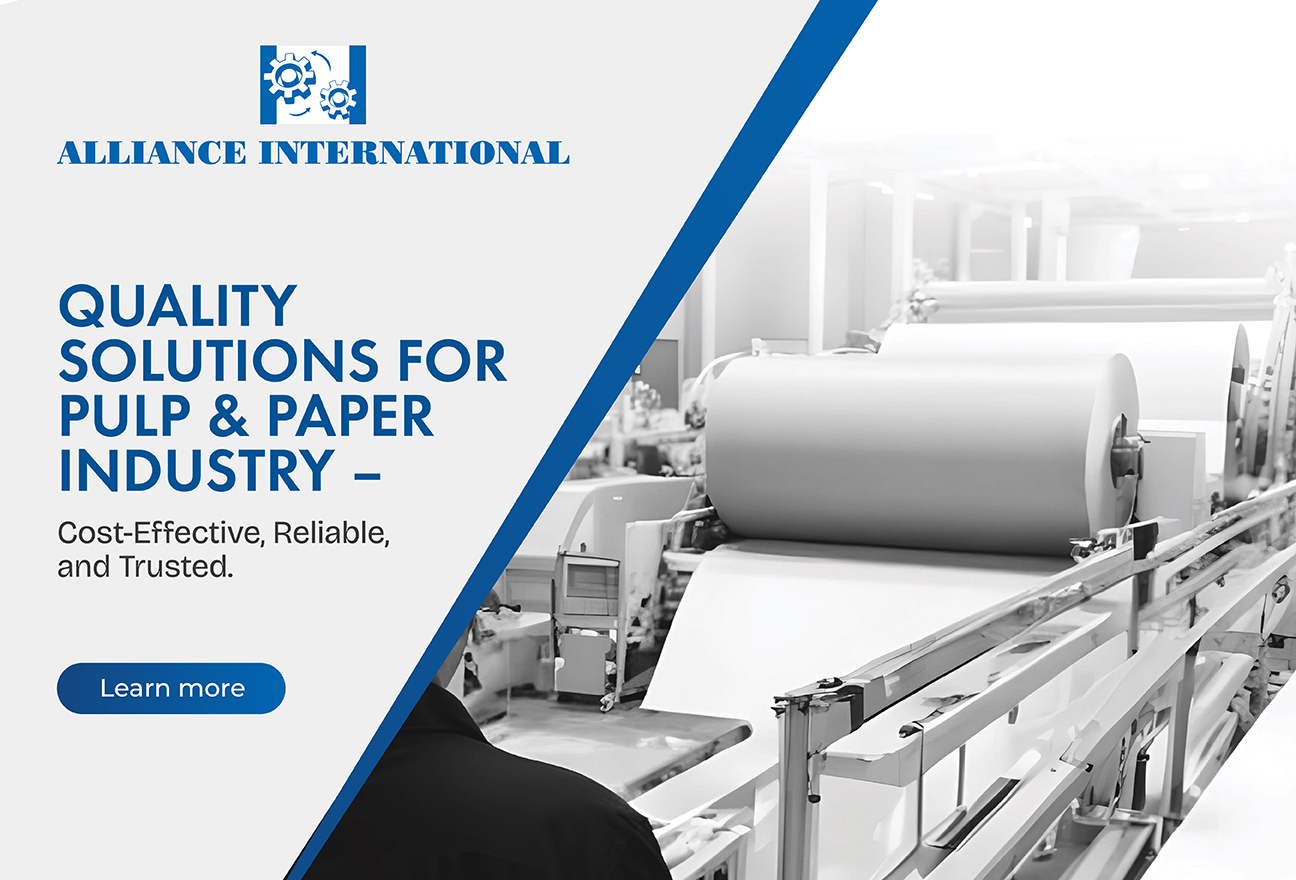
Advertisement
The company has applied for permission to establish a 20-megawatt solar power plant, which would serve its own needs as well as generate power for other users through open-access systems and power purchase agreements.
Next up is a greenfield project on newly acquired land near a river, earmarked for an even larger facility to follow the current expansion.
Powering growth through partnerships
One vital piece of Deevyashakti’s success has been its ability to forge strategic partnerships. These collaborations have also strengthened Deevyashakti’s export performance. Since 2010, it has been the only recycled board manufacturer in India consistently exporting to developed markets such as the United States, Canada and Europe.
“A few mills have been doing this on and off for around seven years,” Agarwal says. “But we have been doing exports to these countries for 15 years because of our prime-quality product. We are among the best in class in grid paper.”
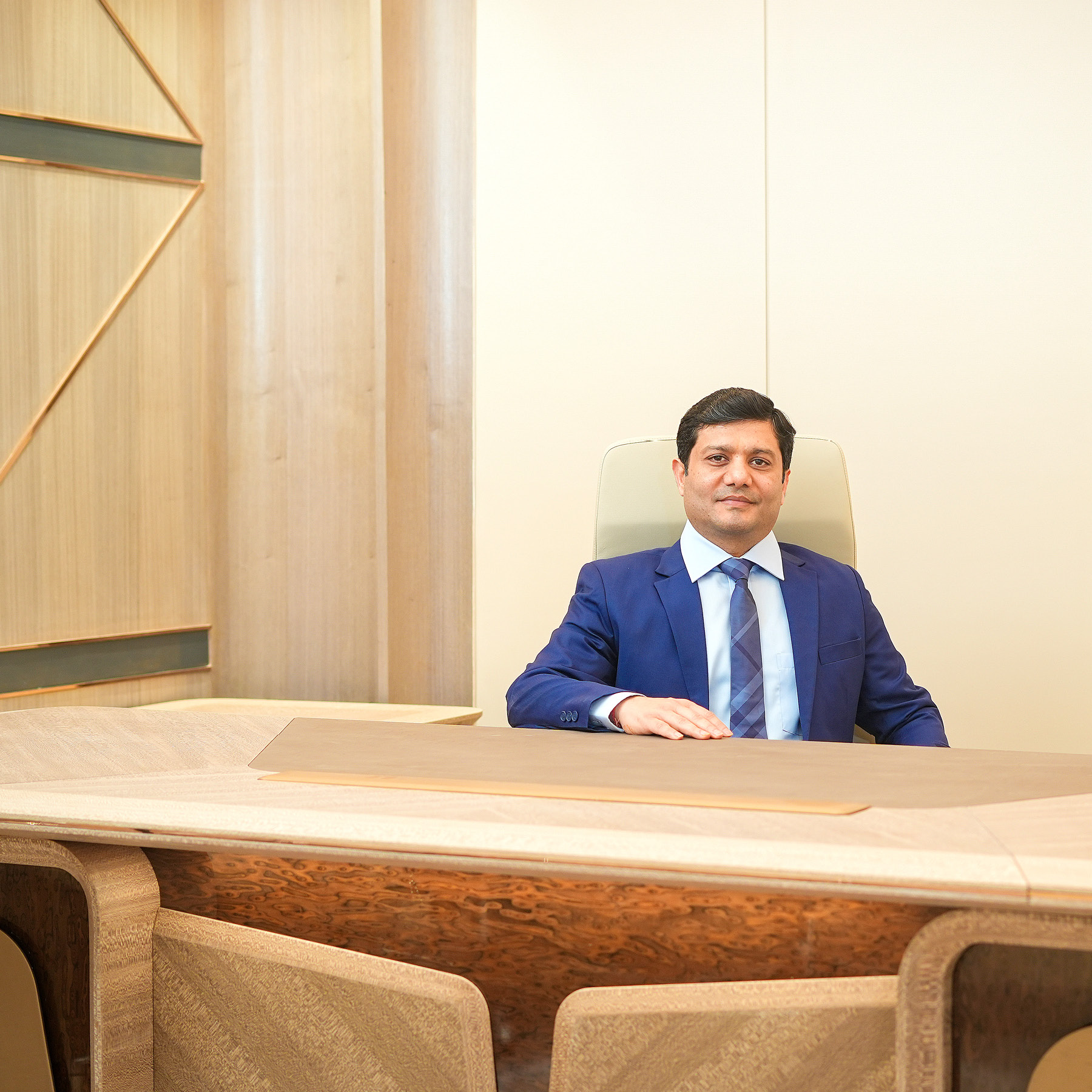
“We have totally shifted to 100 percent recycled fiber from partial pulp.”
That reputation stems from its focus on innovation. Deevyashakti was the first in India to adopt four-wire technology, ahead of even the country’s largest players.
“We took whatever innovative measures we could,” he adds. “That was a big leap for us, especially early on when we were operating with much smaller volumes.”
A new chapter in leadership
While Deevyashakti has always been a family-run business, the past 18 months have brought a shift toward corporate governance. Agarwal, who took over full operational leadership from his brother, Ravindar, recently brought in a professional CEO, departmental vice presidents and external consultants to strengthen the company’s structure.
“We’re moving toward decentralized growth,” he says. “Earlier, I was handling everything – projects, purchases, production, HR and quality. Now we’ve put systems in place so decision-making becomes decentralized. That will help us grow much faster.”

“We’ve always believed that true success comes from social, environmental and economic responsibility.”
With the next phase of growth already underway and an unshakable commitment to sustainability, Deevyashakti India is positioning itself not only as a leader in the recycled paperboard sector, but also as a blueprint for sustainable manufacturing at scale.
“From day one, our target has been sustainability,” Agarwal reflects. “Making a profit is core to any business, but we’ve always believed that true success comes from social, environmental and economic responsibility. That’s the model we’re committed to.”

